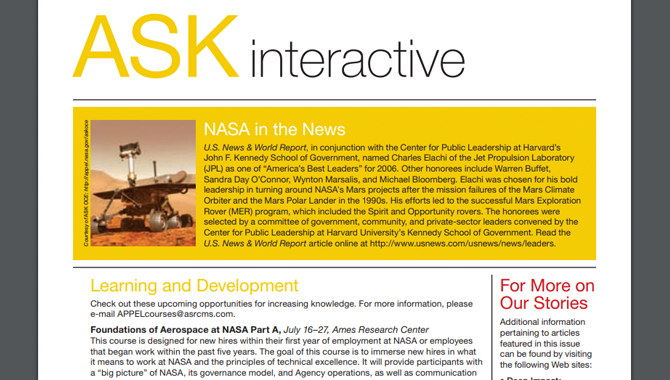By Laurence Prusak
Sometimes a concept seems to be everywhere at once. It arrives on the scene seemingly from nowhere, and everybody is suddenly talking and writing about it. One such idea is trust. 
Although philosophers and poets have focused on trust as far back as the Old Testament and in the writings of several of the Chinese sages, it had very little traction as an idea in and of itself until recently. Few books or articles focused specifically on the subject. Then, starting slowly in the 1980s and picking up steam in the nineties, the subject took off. Economists, sociologists, political scientists, and management theorists began to take a serious look at how trust works in people’s lives, in organizations, in nations, and in cultures. This attention to trust helped spur the parallel interest in social capital and is, indeed, a major component of that set of ideas about the value of the connections between people. By now the trust literature is huge. I personally own more than a dozen major books on trust and have a thick file of articles on the subject. That collection, which only reflects my amateur’s taste for the subject, is by no means comprehensive.
So, what’s going on here? Why is the subject so hot? The short answer is: in a complex, connected world where so much depends on cooperation and understanding, trust is essential to the success of organizations and societies.
Trust between individuals can be defined as anticipated reliable cooperation. I help you with the expectation that you will help me when I need it, and your cooperation will be freely offered, not compelled by enforcement mechanisms. People usually base their trust on direct personal experience. When they don’t yet know one another, they proceed with caution, testing the water, observing behaviors that show if this person or that one is trustworthy.
Although in one sense all organizational activity comes down to the actions of individuals, focusing on individual trust isn’t always the most fruitful path to understanding how it works in organizations. How trust develops (or fails to develop) depends on the organizational context. We all know of organizations where trust is in short supply, between people and between employees and their management. Sometimes employees trust their colleagues while distrusting their managers with varying degrees of intensity, but often distrust at one level discourages trust at others. An organization’s trust “climate” can promote or destroy trust in many ways and many places.
Social scientists talk about “generalized trust” in organizations and in societies. When trust and trustworthiness in institutions, leaderships, and individuals are the norm, people are more likely to trust one another readily—they will assume trustworthiness until individuals or groups show they are not worthy of it rather than demand extensive proof before they are willing to trust anyone.
What is the importance of trust in organizations? For one thing, trust or the lack of it has a real economic impact. All organizations spend a lot of money and time (up to 40 percent of their total expenditures) on transaction costs. Transaction costs are the costs of doing work together—negotiating, bargaining, exchanging, and interpreting information and monitoring activities, among others. These activities are especially extensive and important in large, complex organizations. Generalized trust is a great way to cut transaction costs. When trust is the norm, people in the organization do not have to look constantly over their shoulders or nail down every detail of every agreement or monitor and measure compliance with requirements large and small. The organization and the individuals in it are relieved of an onerous and expensive burden. This can mean not only very significant financial savings, but savings of the enthusiasm, commitment, and energy that distrust erodes.
Trust also encourages—in fact, makes possible—the free exchange of knowledge. People tend to share what they know when they are confident they will be credited for it and the knowledge they offer will be well and responsibly used. We have seen many organizations where trust is the great engine of knowledge sharing and people freely and actively offer their expertise to others who need it. This happens whether or not the organization has elaborate and expensive knowledge-sharing systems. It is much more about attitudes, examples, and experiences than technology.
Trust is asymmetrical. As Rod Kramer, a Stanford researcher on this subject, says, it is “hard won and easily lost.” One breach of trust can outweigh years of trustworthy actions. It is incumbent on managers and executives to do what they can to build and maintain trust in their own areas of influence. Research and common sense suggest that some good ways of doing this are to act transparently (that is, be trustworthy); reward and promote people who are trustworthy and get rid of those who aren’t; talk up the subject and recognize its importance; and, to quote a bumper sticker, be the change you wish to see. Trust me, it really is worth doing.








